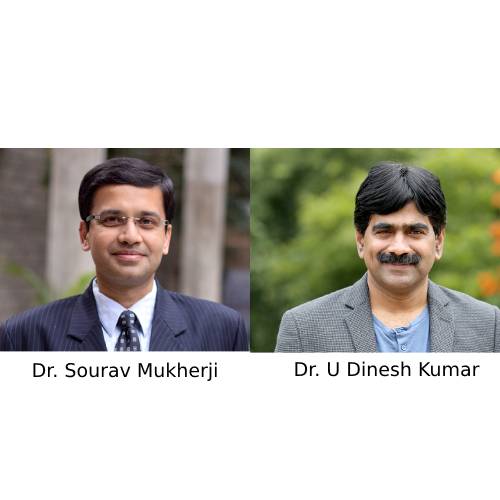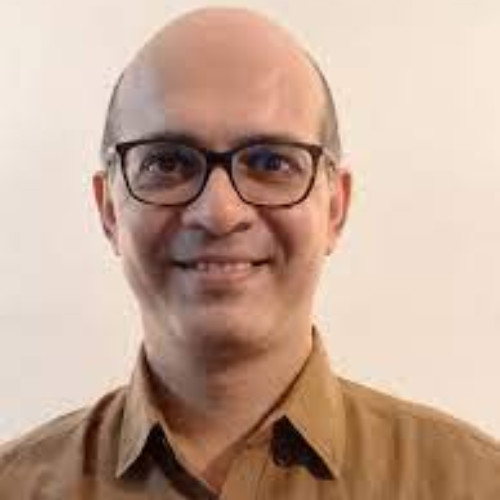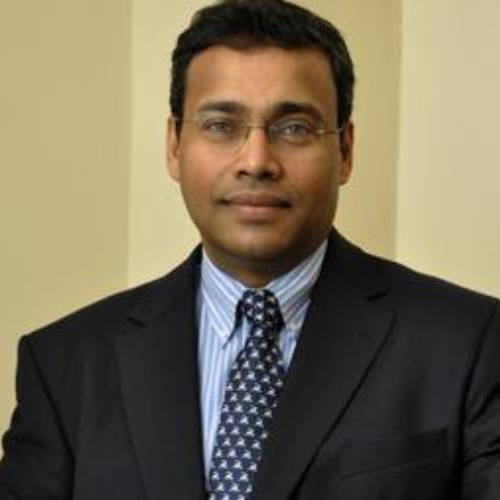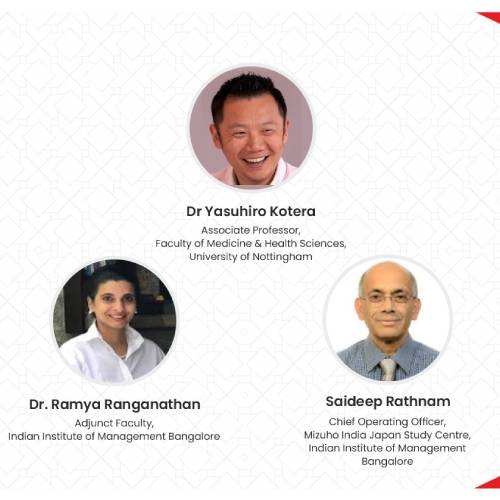
Teaching Tips on Tap
This is an initiative of the Centre for Teaching and Learning. The Centre’s webpage has started building a database of short video clips that explain and explore various useful aspects of teaching and pedagogy. The short videos are available in the public domain for benefiting the teaching community everywhere.
This time, the series of 6 videos are from Sourav Mukherji, Professor, Organizational Behavior & Human Resources Management and from U Dinesh Kumar, Professor, Decision Sciences.
Videos from Dr. Sourav Mukherji
Desirable Level of Difficulty: Introduction – The 3 Principles – In this video, Dr. Sourav Mukherji introduces educators to the 3 principles of the ‘Desirable Level of Difficulty’ – (i) the Generation Effect or Allowing Struggles in Learning for more effective learning; (ii) Spacing to enable better retention; and (iii) Interleaving for the understanding of concepts. He will be covering each of these principles in the Desirable Level of Difficulty series.
Desirable Level of Difficulty: The Generation Effect or Allowing Struggles in Learning – This short video is about the first principle in the Desirable Level of Difficulty video series – The Generation Effect or Allowing Struggles in Learning. Dr. Sourav Mukherji talks about how learning becomes sustainable in the long run if struggles are allowed in the learning process.
Desirable Level of Difficulty: Repetition in Learning – This informative video is about the second principle in the Desirable Level of Difficulty video series – Repetition in Learning. Dr. Sourav Mukherji stresses on the known fact that when we repeat something, we learn better.
Desirable Level of Difficulty: Interleaving – In this brief video, Dr. Sourav Mukherji talks about the third principle in the Desirable Level of Difficulty video series – Interleaving. This can be a better approach for understanding of concepts.
Desirable Level of Difficulty: Conclusion – In the concluding video of the Desirable Level of Difficulty series, Dr. Sourav Mukherji wraps up this series by reiterating that teachers need to be facilitators of learning, however offering too much help to students is not good for the learning process, and this must be kept in mind.
Video from Dr. U Dinesh Kumar
When the Teacher Does Not Know the Answer – In this brief video, Dr. U Dinesh Kumar speaks from his experience and tells educators what to do when they do not have the answer to a student’s question.






